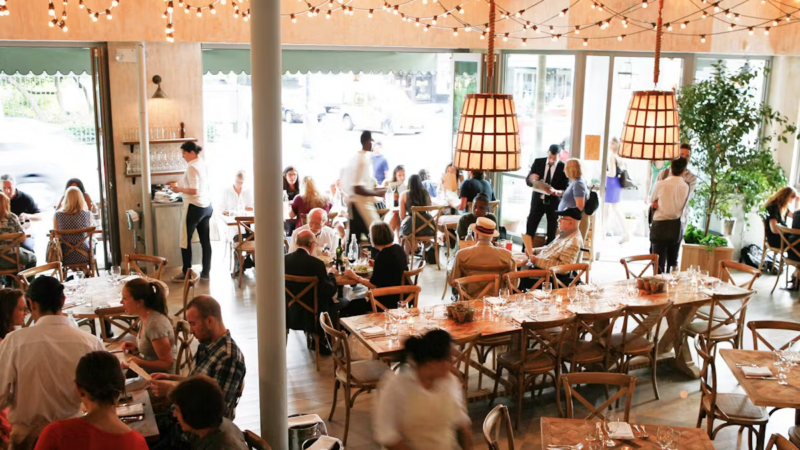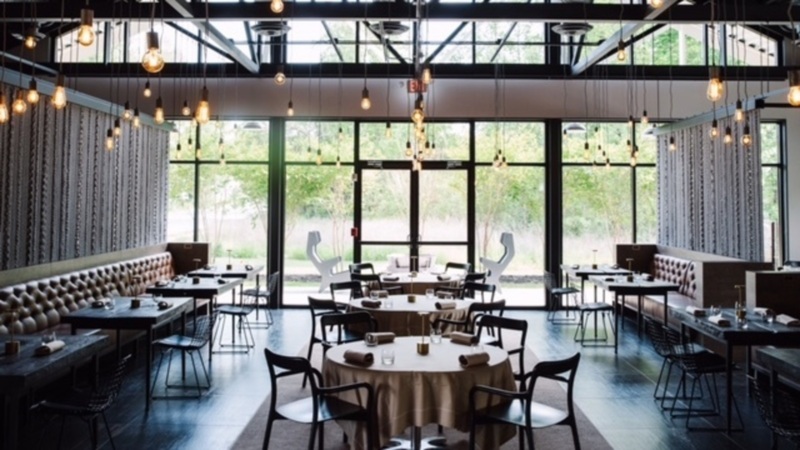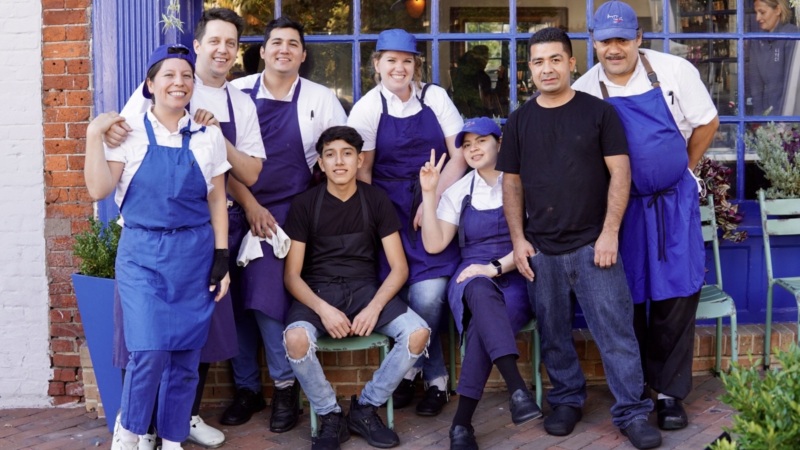

Four Ways to Support Your Staff’s Mental Health and Promote Employee Retention
The global mental health crisis caused in part by the pandemic is affecting restaurant workers en masse. One recent study out of the Rosen College of Hospitality Management at the University of Central Florida noted some stunning results around mental health after analyzing the responses of 585 restaurant employees during the height of the COVID-19 pandemic: working employees experienced higher psychological distress than furloughed employees; working employees used more drugs and alcohol than furloughed employees; psychological distress increased drug and alcohol use, and career turnover intentions; and all employees increased their substance use and had a desire to seek future employment in alternate industries. The long and short of it: restaurant work is hard and takes a toll.
Operators can shift their thinking about mental health as an essential mechanism to both care for employees as individuals and help ensure staff retention. We reached out to Dr. Edwin Torres, also an associate professor at the Rosen College of Hospitality Management at the University of Central Florida for his advice. An expert on human resources as it relates to hospitality, Dr. Torres has published many studies about health and the industry. In one study, he gave hospitality workers FitBits to track their habits. When using the FitBits, every health aspect improved—except sleep. “People ate better because they were tracking their intake,” he notes, as an example. “But we couldn’t figure out how to work around the sleep numbers not changing.” And not enough sleep means more stress in an already stressful industry, which means mental health becomes even further deprioritized.
Plus, with restaurants being generally understaffed these days, “that’s creating another level of stress for the hospitality worker” because of customer demands, as an April 2021 study in the Journal of Occupational and Environmental Hygiene noted.
Torres notes that there is no one-size-fits-all solution for promoting and encouraging mental health among restaurant employees. Some restaurants have manifold resources; some do not. Nonetheless, he shared a few thoughtful, practical ways to promote mental health support among restaurant employees and staff.
1. Employee-Assistance Programs
“This can be an important tool in a manager’s toolkit,” says Torres. If, for example, an employee is seeking help with alcohol use, an employee-assistance program sets the employee up with the resources to call, get referrals and locate resources. The same system works for a range of employee-centric needs. “This program is not usually expensive for restaurants to get—and it’s especially useful if you notice employees having some kind of emotional distress.”
2. Safety Training
“It’s important to make sure employees know how to make the best out of their work environment.” That could mean recognizing situations that might be dangerous—and how to handle them when they are so that daily stress is not compounded by high-intensity curveballs. “When I worked at hotels, I was manager-on-duty for a big resort. I had to handle some intense situations, like customers getting feisty with hotel employees. Training can be helpful for knowing how to best—and most safely—handle those kinds of situations.”
3. Wellness Programs
“Stress management; exercise programs; financial health: all these spokes fit under this umbrella.” These programs need not be prohibitively expensive, Torres notes, and even one program is far better than none. “The power of wellness programs is they can be not only good for employee happiness and retention, but can also reduce healthcare costs and accidents.”
4. Schedule Flexibility and Working Conditions
“There are profound benefits in having a welcoming culture with empathetic supervisors, considerate coworkers, and an organization that supports its employees,” says Torres. “It’s great to give employees flexibility whenever possible. I know that isn’t always easy in restaurants. But to the extent you can give people flexibility, the research shows that it can produce a sense of goodwill among employees.” That, in turn, means they have further reason to stay with the company.
*Opinions and views in articles shared on Resy OS are presented for the purpose of discussion and commentary on topics of interest in the restaurant industry; they should not be viewed as substitutes for advice given by professionally engaged business consultants and advisors.
Discover More














